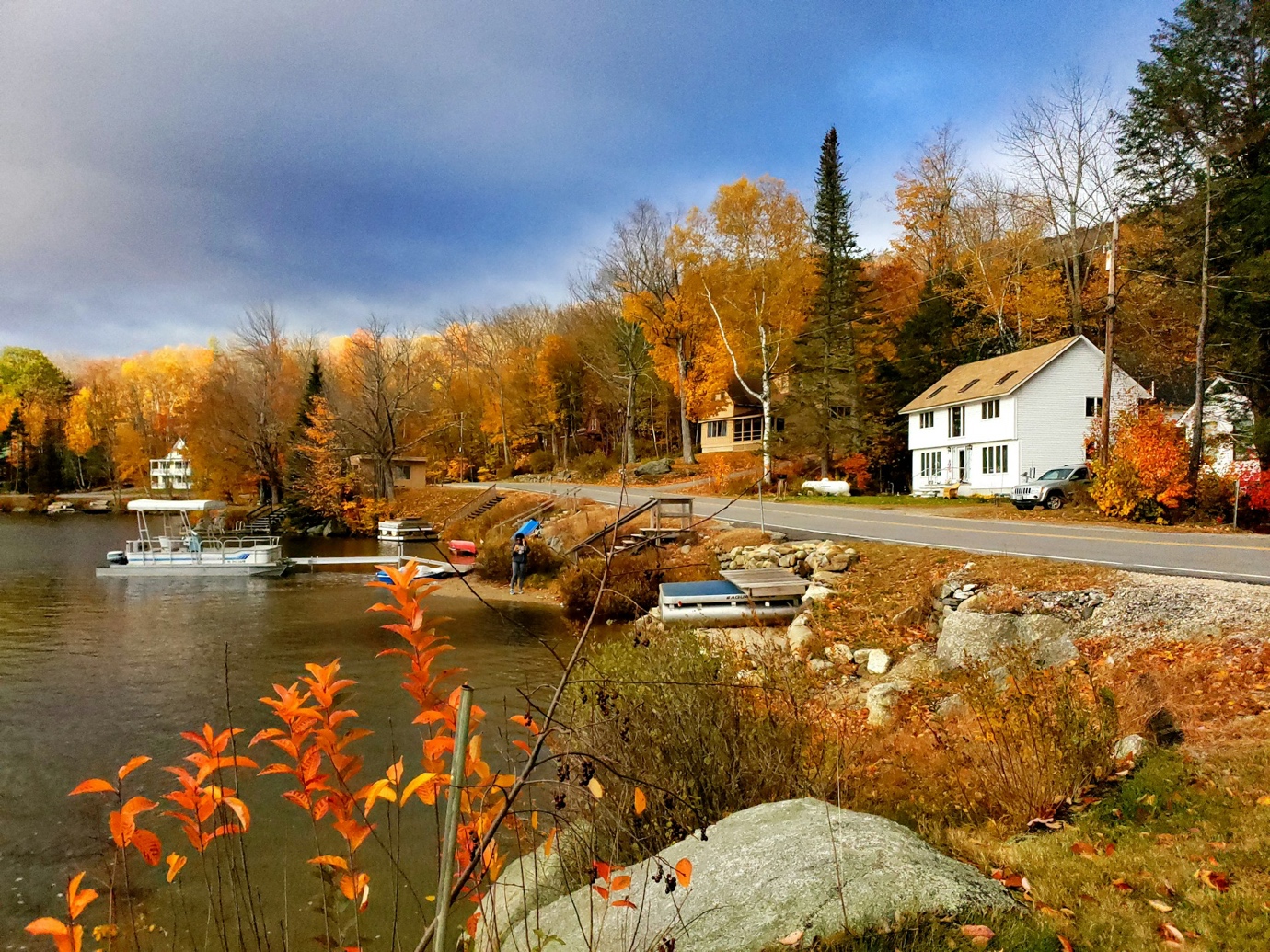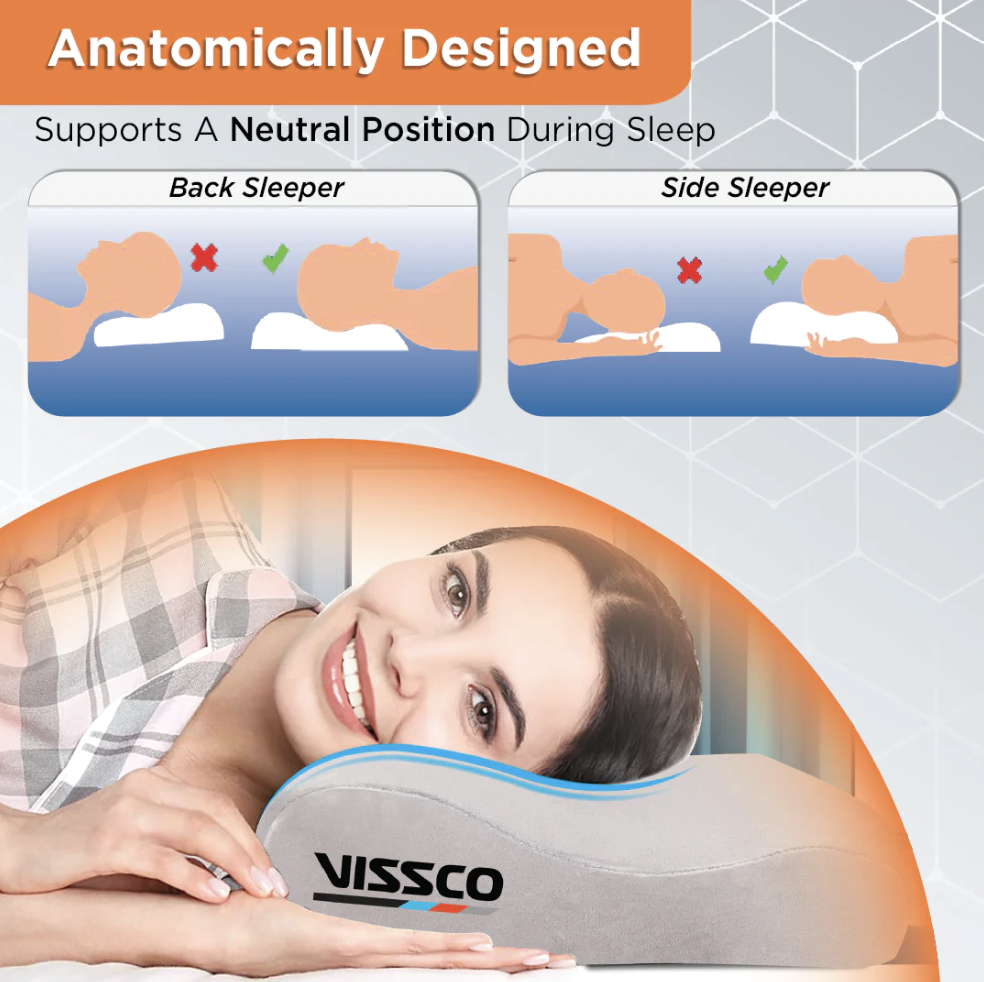[ad_1]

Businesses near Disneyland feel financial pressure
California will let fans back in outdoor stadiums for pro sporting events in counties with low coronavirus infection rates but isn’t ready to allow Disneyland to reopen, dealing a major blow to businesses near the theme park. (Oct. 22)
AP
When visitors are finally allowed back at Disneyland, they might find the rides a little quieter.
The trade group California Attractions and Parks Association is recommending that theme park visitors should “limit activities that are known to cause increased spread” like singing, shouting, heavy breathing and raising one’s voice.
It may seem like an odd request to make of riders who are going up and down, upside-down and sideways at high speeds. But intense vocal expressions may produce droplets that could spread the coronavirus.
That advice was part of CAPA’s “Responsible Reopening Plan,” a list of best practices created in response to the state of California granting large theme parks such as Disneyland, Universal Studios and Six Flags to reopen at reduced capacity beginning April 1.
The idea of a quieted theme park isn’t a new one during the COVID-19 pandemic. In fact, Japan implemented a no-screaming rule when it reopened its amusement parks in July.
Along with the no-screaming recommendation, CAPA’s “blueprint criteria” includes face coverings, social distancing, limited capacity and optimizing ventilation in parks.
Theme parks, including Disneyland, will be allowed to open at 15% capacity while in the red tier, the second-highest risk level, but only California residents can buy tickets.
Parks with capacity over 15,000 people have not yet been authorized to reopen, according to CAPA. And some, including Disneyland, have yet to publicly announced their reopening dates.
Contributing: Curtis Tate
[ad_2]
Source link





